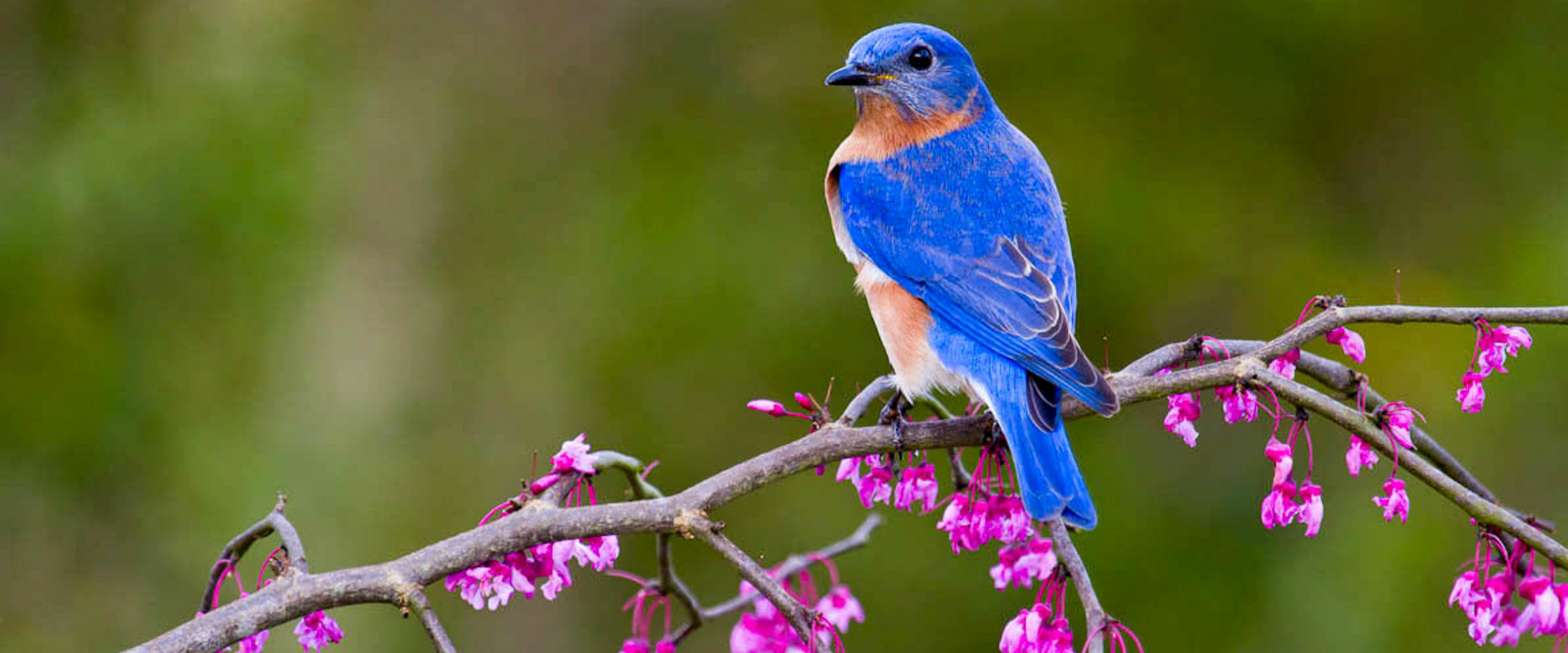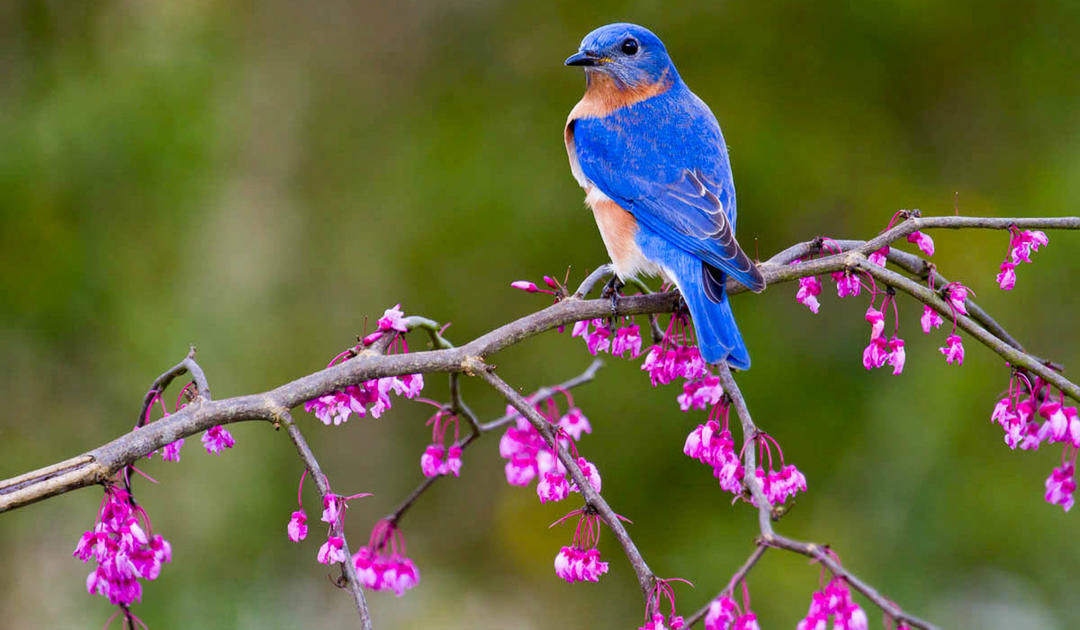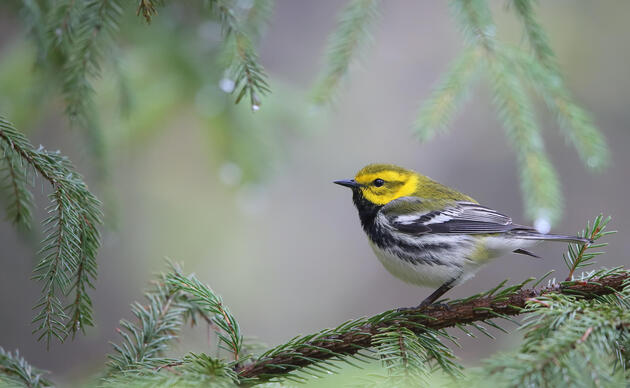When it came time to put the finishing touches on Burlington’s largest municipal de-paving project, we took a strong ecological approach when selecting plant material to reclaim this former industrial landscape. Taking cues from the surrounding natural landscape, many native plants were chosen, including food-rich serviceberry and birch trees, and stands of dogwood and winterberry shrubs. Native plants provide seeds, berries, and nectar for pollinators like birds, moths, and butterflies while offering shelter and nesting sites throughout the year for birds.
Climate change predictions project increased flooding and water-erosion in Burlington. The de-paving of the Urban Reserve intercepts stormwater runoff, protecting the lake from nutrient and sediment loading and reducing erosion.
Native Tree Species
Northern White-cedar
Serviceberry
River Birch
Paper Birch
American Hornbeam
Native Shrub Species
Black Chokeberry
Common Buttonbush
Red-osier Dogwood
Gray Dogwood
Common Winterberry
Fragrant Sumac
Smooth Rose
American Elderberry
Find a list of local native plant nurseries in Audubon’s Plants for Birds database: audubon.org/plantsforbirds
20160107-BurlingtonVT-BikePathPhase1b from BTVparks on Vimeo.
Aerial view of Burlington's Urban Reserve during the construction process.
How you can help, right now
Donate to Audubon
Help secure a future for birds at risk from climate change, habitat loss and other threats. Your support will power our science, education, advocacy and on-the-ground conservation efforts.
Visit Audubon
It's always a good time to visit the Audubon Center. Trails are open to the public year-round. Visit us daily from dawn until dusk! Donations are appreciated.
Events
Adults, preschoolers, foresters, photographers, sugarmakers and families will all find opportunities to connect with nature.






